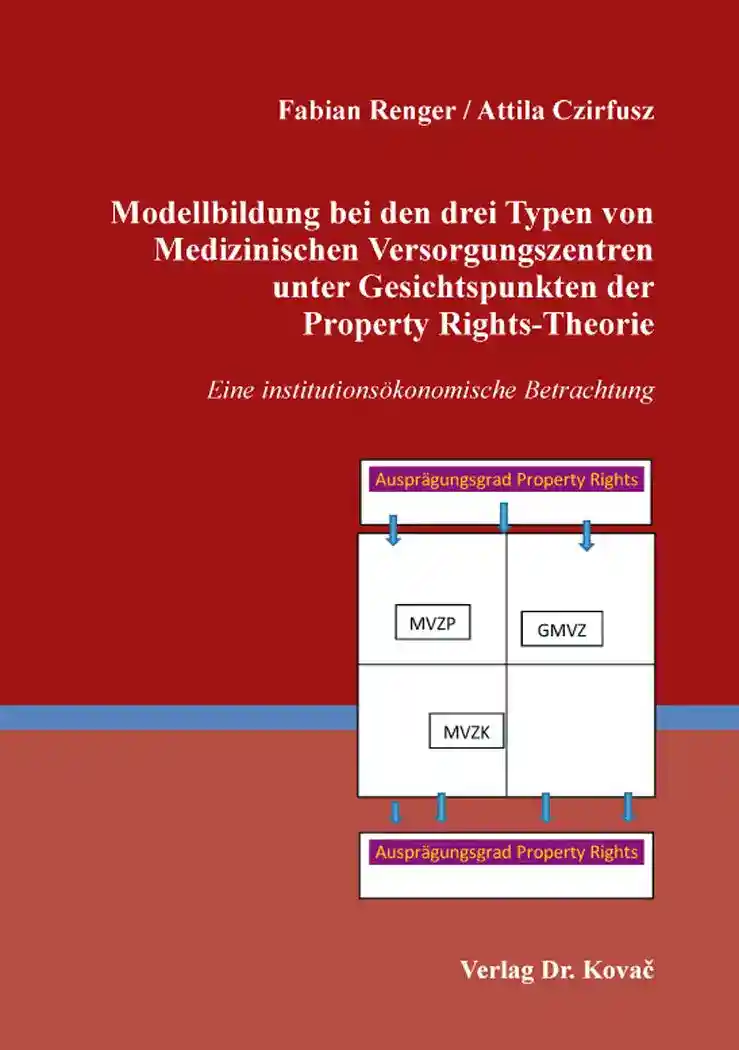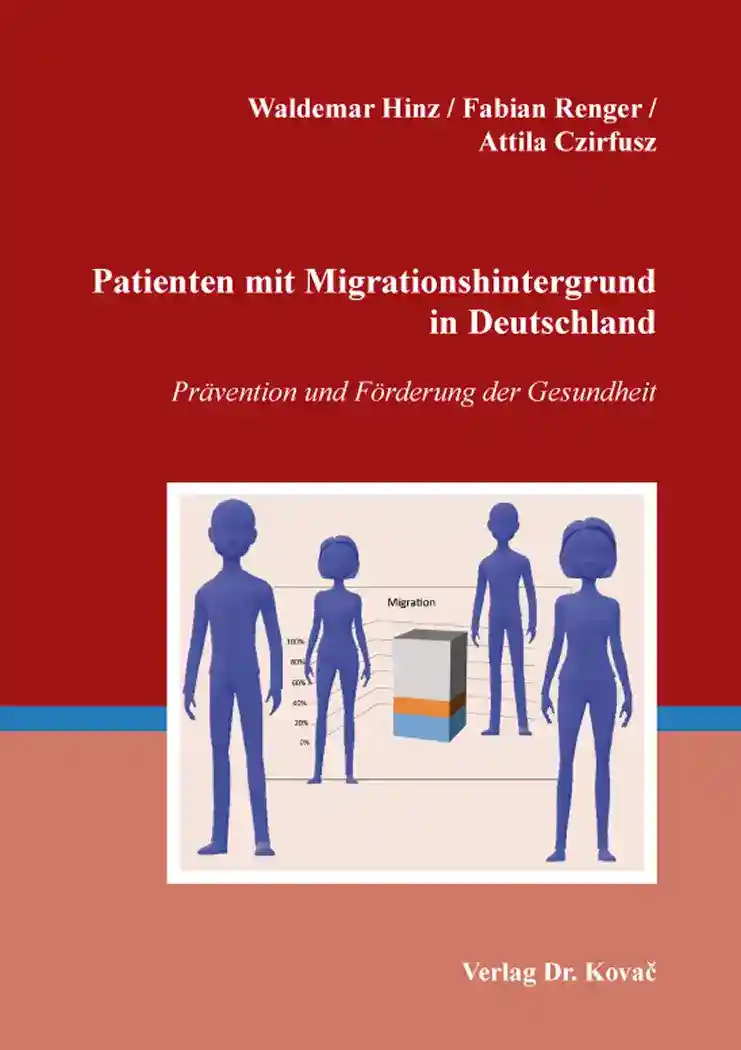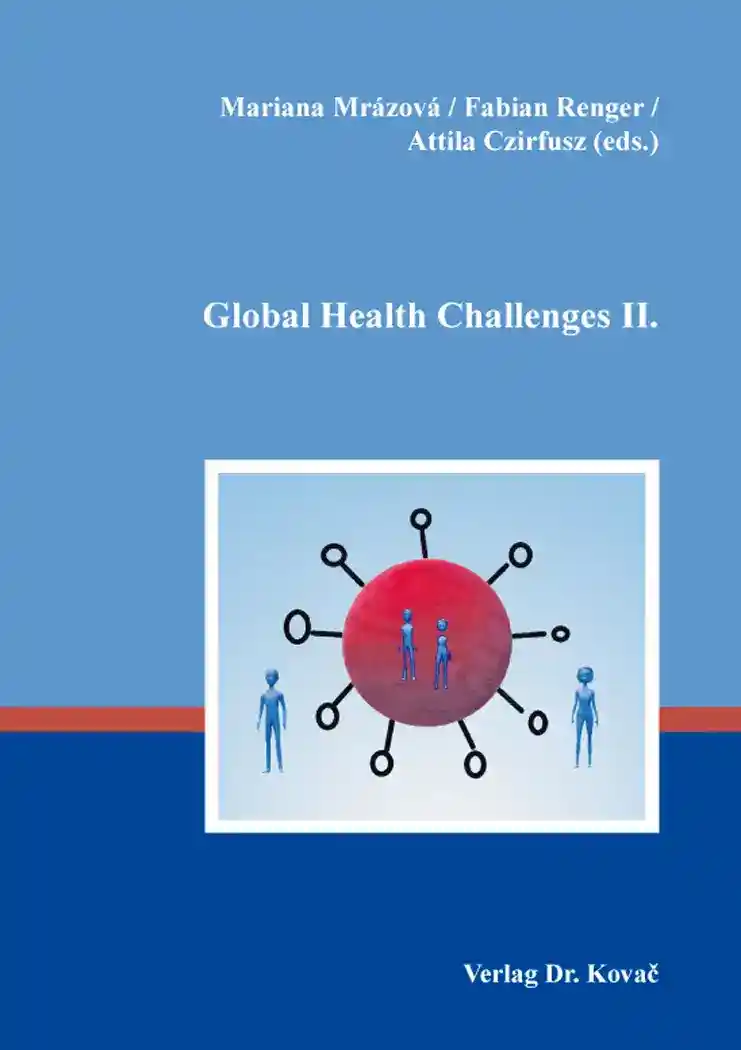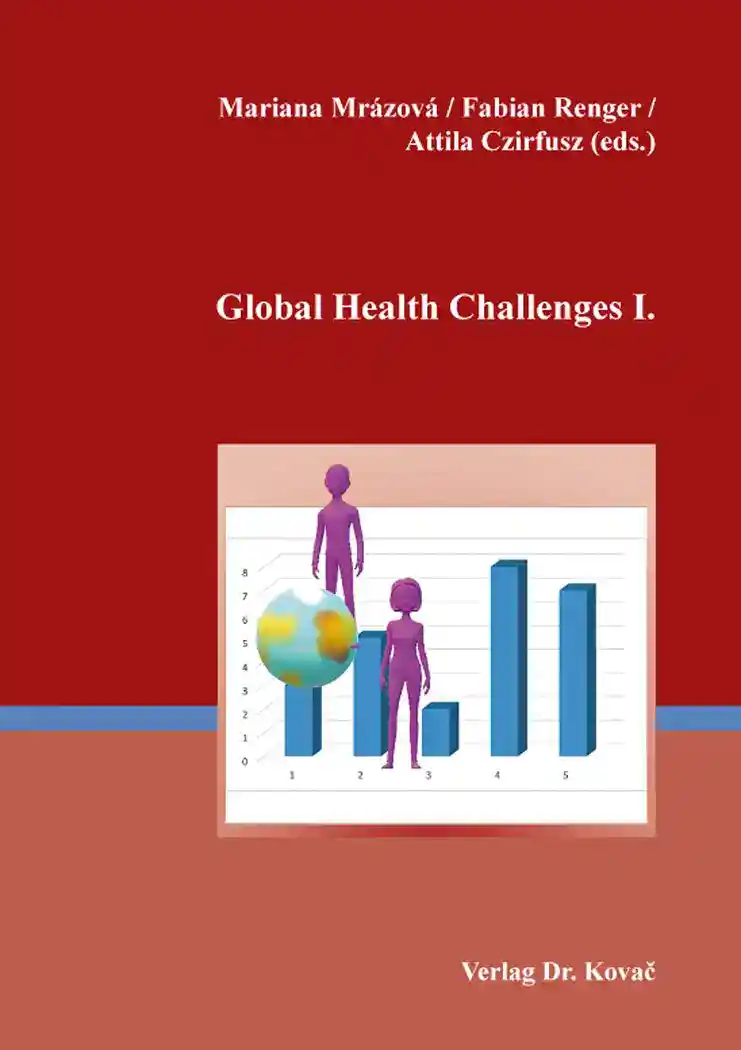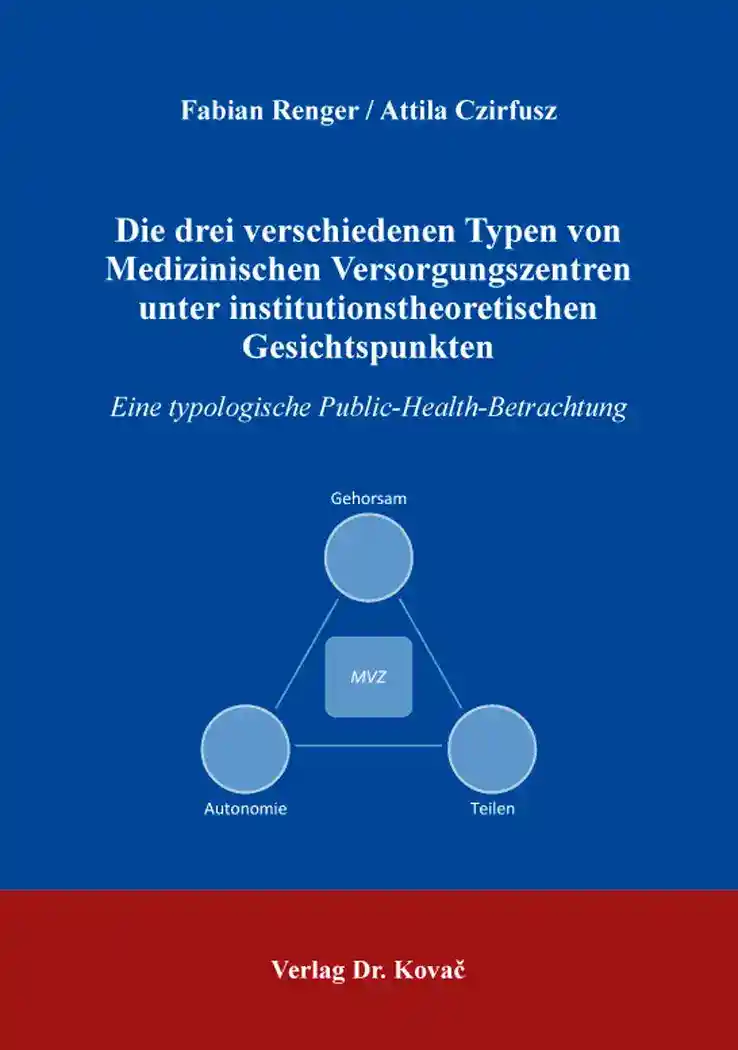Fabian Renger / Attila CzirfuszModellbildung bei den drei Typen von Medizinischen Versorgungszentren unter Gesichtspunkten der Property Rights-Theorie
Eine institutionsökonomische Betrachtung
Schriftenreihe Gesundheitswissenschaften, volume 29
Hamburg 2019, 118 pages
ISBN 978-3-339-11262-0 (print)
ISBN 978-3-339-11263-7 (eBook)
About this book deutschenglish
This monograph written by Fabian Renger and Attila Czirfusz deals with a subarea from the field of institutional economics, a field that has become very broad: property rights theory. The aspect under discussion is how changes in the concentration of these property rights affect companies. Medical care centres are companies and this is the focus of this book from a company perspective. The question to be answered is how the concentration of property rights affects the medical care centre (MCC).
Previous publications from the two authors have shown that there are fundamentally three types of medical care centres. The business method of model development is used to targetedly look for optimisation forms for day-to-day business in the medical care centre, on the basis of knowledge of property rights theory. Property rights can be grouped into four individual rights, for example. These are (1) the right to use resources (ius usus), (2) the right to own the yield (e.g. interest, harvests resulting from land use) arising from the use of resources (ius usus fructus), (3), the right to change a resource in its form, substance or location (ius abusus), and finally (4) the right to transfer the resource, and thus the bundle of property rights that apply for it, to others in whole (e.g. through sale, donation, inheritance) or in part (e.g. rental, leasing, tenure) (ius successionis). If these rights are concentrated on one person, this person is the owner of the resource in question and may use this resource exclusively, but not without restrictions, as the concrete property rights are linked with other, higher-level rights of disposal.
Together with the three top sections, “strategy”, “finances” and “personnel”, the property rights come into play, with such questions as “Who has a say about what?” and “Who knows about what?”; the number of parties authorised to exert influence thus becomes important in the MCC, as does the degree to which they are granted power of disposition. Finally, the model shows the results achieved by the MCC – considered not only in financial terms but also in terms of the successful treatment of patients or even areas relating to employee satisfaction.
On the basis of their commercial characteristics, the three types of MCC can be allocated to the property rights with various concentrations, creating a full picture: accordingly, the usual MCC/partnership company tends to have more concentrated property rights while the usual MCC/corporation tends to have more diluted rights of disposal. For the company MCC, the property rights, as derived from the legal structure, are very highly diluted. The theory of property rights thus plays a major role in the MCC and in the various types, if one wishes to use it as a basis for making decisions that will have a positive influence on the MCC.
Keywords
Gesundheitswissenschaft. MVZInstitutionsökonomieKonzentraton der VerfügungsrechteMCCMedical care centreMedizinisches VersorgungszentrumModellbildungProperty RightsPublic HealthVerfügungsrechteYour book at Dr. Kovač Publishing House
Weitere Bücher der Autoren
Hamburg 2025, ISBN 978-3-339-14460-7 (Print) | ISBN 978-3-339-14461-4 (eBook)
Patienten mit Migrationshintergrund in Deutschland
Prävention und Förderung der Gesundheit
Hamburg 2021, ISBN 978-3-339-12686-3 (Print) | ISBN 978-3-339-12687-0 (eBook)
Hamburg 2021, ISBN 978-3-339-12260-5 (Print) | ISBN 978-3-339-12261-2 (eBook)
Hamburg 2020, ISBN 978-3-339-11960-5 (Print) | ISBN 978-3-339-11961-2 (eBook)
Eine typologische Public-Health-Betrachtung
Hamburg 2017, ISBN 978-3-8300-9796-9 (Print) | ISBN 978-3-339-09796-5 (eBook)
